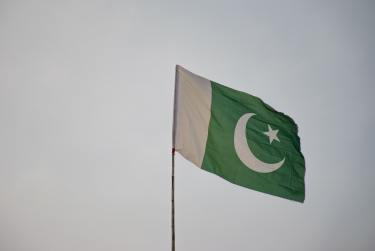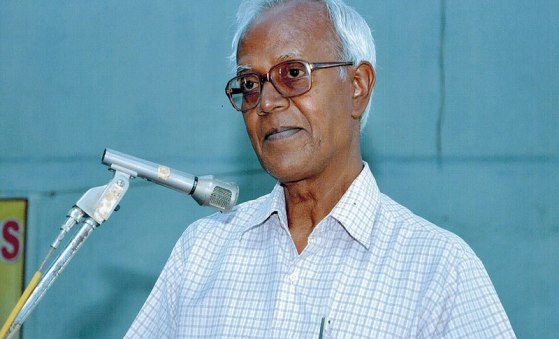
In a significant step toward promoting inclusion, the Pakistani government has introduced a special training programme aimed at increasing the participation of religious minorities, including Christians, in the country’s civil service.
The Civil Services Academy (CSA) launched the outreach initiative on 7 July with the goal of preparing non-Muslim youths for the highly competitive Central Superior Services (CSS) examinations. The CSS exams serve as the main gateway into Pakistan’s federal civil service.
The new scheme includes three phases: awareness sessions at 14 universities across the country, a one-month residential training programme, and a four-month advanced preparation course set to begin in 2026.
According to Syed Shabbir Akbar Zaidi, Director of the Common Training Programme, 45 non-Muslim candidates from Punjab, Sindh, Khyber-Pakhtunkhwa, and Balochistan have joined the orientation course, with each provincial government covering the cost of training.
Zaidi noted that although Pakistan reserves a 5% quota in federal jobs for minorities, their representation remains low. In a 2023 attempt to fill 121 minority-reserved posts, only 16 candidates passed the written exam, seven of whom were Christians.
“This programme was designed to address the lack of information and resources available to minority candidates,” Zaidi said.
At the launch event, Federal Minister for Law and Human Rights, Senator Azam Nazeer Tarrar, reaffirmed the government’s commitment to upholding constitutional protections for all citizens. He referenced Article 36 of Pakistan’s Constitution, which calls for safeguarding the rights of minorities.
“The white in our national flag represents our non-Muslim citizens, and this symbolism must be evident in our actions, not just our emblems,” he stated. “We are all Pakistanis, and inclusivity must define our national identity.”
The minister also pointed to the creation of the National Commission for Minority Rights as a step towards ensuring equal opportunities. He expressed hope that with sincere effort, a future could come where quotas would no longer be needed, as fairness becomes standard practice.
Dr Ramesh Kumar Vankwani, chairman of the Pakistan Hindu Council, welcomed the initiative but called for it to be expanded. He proposed regular special CSS exams and an extension of the age limit for candidates from 30 to 35. He also encouraged using the term “non-Muslim” instead of “minority” to foster a more inclusive mindset.
Christian leaders also praised the programme. Bishop Nadeem Kamran, head of the Church of Pakistan in Lahore, said the scheme would help remove longstanding barriers faced by Christians, particularly in Punjab, where most of the community lives.
“The church will actively support and promote this initiative among our youth,” he said. However, he added that improving the quality of education in church-run schools is essential for long-term progress. Many Christian students, he said, currently struggle to benefit even from reserved quotas due to poor academic preparation.
Christians make up around 1.37% of Pakistan’s population of 240 million, while Hindus are the largest religious minority at 1.61%. Muslims account for over 96%, with smaller groups including Sikhs, Buddhists, and Zoroastrians making up the remainder.
Adapted from Christian Daily International.




